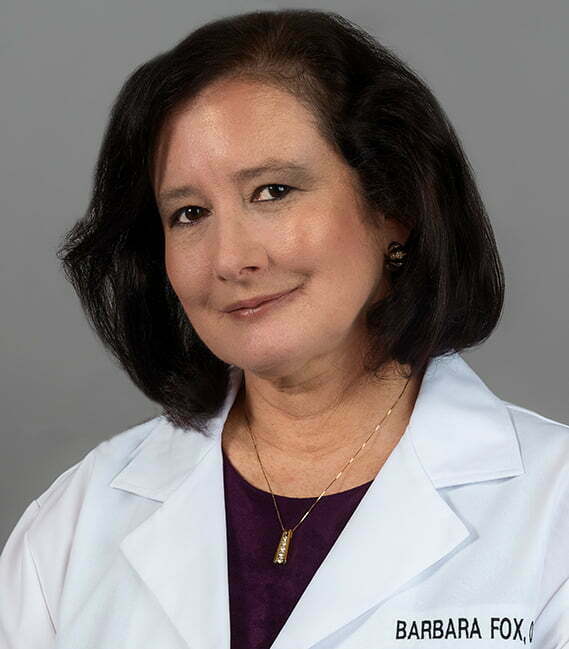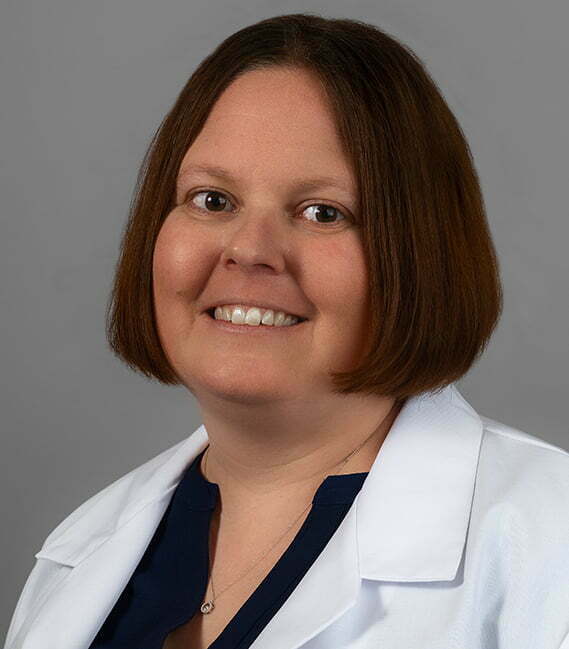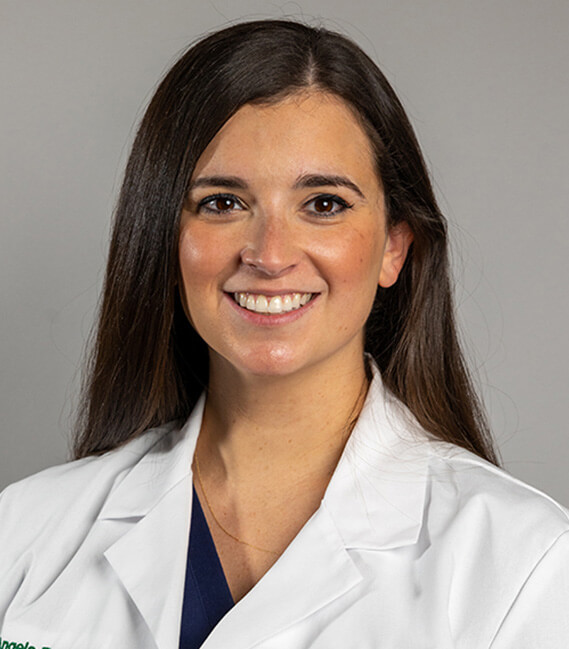
Mid-Valley Location
The Midvalley office offers both ophthalmology and optometry services, including treatment of diseases of the eye, diagnostic testing services, regular eye exams and contact lens services. The full service optical department stocks the latest in designer frame product as well as our affordable eyewear packages. Eyewear and sunwear designers for men and women include Gucci, Furla, Etro, BCBG, Lacoste, Perry Ellis, Elle, Esprit, Polo, Juicy Couture, Elizabeth Arden. Young adult and children’s brands feature Guess, Ocean Pacific, Izod, Converse and Sketchers. And, there is free Wi-fi available in waiting areas.
Peckville, Dickson City, Olyphant, Blakely, Jessup, Eynon and Archbald.
Working Hours
Monday - Thursday
8:00 AM - 4:30 PM
Friday
8:00 AM - 4:00 PM
Saturday
Call for hours
Sunday
Closed
*Please call for appointment.
Hours of operation are subject to change without notice.
Our Doctors
Dr. Jordan is a comprehensive ophthalmologist with special interests including cataract surgery, glaucoma and neuro-ophthalmology. He is also a site director for the Philadelphia College of Osteopathic Medicine (PCOM) and the Lake Erie College of Osteopathic Medicine (LECOM) and is Clinical Assistant Professor in the department of surgery of The Commonwealth Medical College. Dr. Jordan serves on the Board of the Lackawanna Branch of the Pennsylvania Association for the Blind and the Steamtown Marathon Board. An avid runner, Dr. Jordan participates in many area charitable races and has completed the Steamtown Marathon several times.
Dr. Fox is a consultant and provides low-vision services to Blindness and Visual Services of Pennsylvania, and sits on the board for the Pennsylvania Association for the Blind.
Dr. Yeselavage joined Northeastern Eye Institute in 2011. She specializes in contact lenses, corneal and refractive services, and general optometry for pediatric and adult patients.
Dr. Mongiello has practiced in the Midvalley area since 1994. She specializes in primary eyecare and contact lenses.
Dr. Angela Tempesta joined Northeastern Eye Institute in 2022 and practices in our Scranton office. Dr. Tempesta worked as an Optometrist with Wills Eye Ophthalmology Clinic in Philadelphia, PA., where she provided comprehensive eye examinations with an emphasis on diagnosing and managing ocular disease with appropriate surgical referrals, as needed. She also provided soft contact lens fittings including toric, monovision, and multifocal lenses, and she also co-managed post-op exams for cataract and refractive surgeries.

Treatments
Photorefractive keratectomy (PRK) is the predecessor to LASIK. With PRK surgery, laser energy is applied directly to your eye’s surface, whereas LASIK requires the creation of a corneal flap. The recovery process between the two differs. We remove the epithelium layer during PRK, so it takes a couple of days for it to regenerate and cover your eye’s surface. During the first few days following surgery, you may experience visual haziness or an eye infection. However, there are still some noted benefits to PRK surgery, including:
- The ability to use it on patients who have steeper or thinner corneas.
- The lack of any risk with complications and a corneal flap.
- The reduced risk of compromising the corneal thickness.
Some patients are better suited for PRK versus LASIK to achieve their desired vision goals. To have your vision evaluated, contact us to schedule an appointment.
When our vision is functioning accurately, we see in 3D and can gauge range and distances better. The term binocular vision refers to when both eyes work together to produce a single and simultaneous image. When both eyes are not working together, it can cause numerous issues, including focus, eye movement control, eye-hand coordination problems, and more. At Northeastern Eye Institute, we have a dedicated Binocular Vision Center. If you believe you have a binocular vision problem, schedule a consultation with our binocular vision specialist.
Cataracts are extremely common, especially as we age. It’s estimated that around 91% of Americans aged 75 and over have a cataract. This condition is a natural clouding of your eye’s lens that makes your vision blurry. You don’t have to live with cataracts, though. They can be treated with either innovative laser surgery or an ultrasound-based extraction which one of Northeastern Eye Institute’s board-certified eye surgeons can perform at our state-of-the-art Ambulatory Surgical Center (ASC).
Because your cornea is the “window to the eye,” it is at risk of developing various corneal disorders. It is exposed to light, touch, and other environmental factors. These disorders can cause some discomfort and affect your vision. Two of the most common corneal disorders are corneal abrasion and conjunctivitis.
With a corneal abrasion, you have an injury to your cornea’s surface. It could be caused by a contact lens, rubbing, your fingernail, and more. We can treat corneal abrasions with topical antibiotics that will help prevent infection. Conjunctivitis is often referred to as pink eye. Pink eye happens when the conjunctiva is irritated or inflamed, and blood vessels become enlarged, causing the eye to appear red.
Dry eye syndrome occurs much more frequently than people realize, affecting more than 30 million people across the country. It happens when your tear glands produce poor quality or quantity of tears. As your tears evaporate, you can be left with a variety of uncomfortable issues. It’s important to have your eyes checked for the underlying cause of your dry eyes so we can discuss the best course of treatment with you.
It’s natural for your eyelids to start drooping or look baggy as you age. Aside from making you look older, your eyelids and brows can become strained. Fortunately, Northeastern Eye Institute offers a variety of treatment procedures, including eyelid surgery. By removing excess fat and skin from your upper and lower eyelids, we can help you look younger. In some instances, your insurance may cover eyelid procedures provided you experienced some visual obstruction due to your drooping eyelids.
Getting your eyes checked regularly is crucial. At Northeastern Eye Institute, getting a general eye exam has never been easier. Plus, we have the region’s premier team of highly trained eye doctors, each of whom has years of experience diagnosing various eye conditions and diseases.
You should have an eye exam at least once a year. We have 15 different locations, so scheduling your eye exam with Northeastern Eye Institute has never been easier.
Your eyes have their own internal pressure, just like your body has blood pressure. The pressure in your eyes is called intraocular pressure (IOP). If this pressure increases to a dangerous level, it could damage your optic nerve. Your optic nerve is responsible for sending signals to your brain. If it’s damaged, you could have issues with your peripheral vision and perhaps even blindness if you don’t treat it early.
Glaucoma is the leading cause of irreversible blindness, affecting millions of Americans. Even if you don’t lose your vision entirely, an increase in IOP can severely impair your vision. If you treat glaucoma early, it can minimize the damage. That’s why getting annual general eye exams are so important. We can check your eyes, including your IOP.
ASIK stands for laser vision correction surgery and is extremely popular. Over 40 million people around the globe have undergone LASIK. It’s also highly rated, with more than 96% of patients reporting successful results. Our LASIK surgeons have years of experience and are some of the most highly trained ophthalmologists. Our surgeons have performed thousands of successful laser vision correction surgeries. If you want to know more about LASIK, contact us to schedule an appointment. We can discuss your eye complaints and help you determine whether laser vision correction surgery is right for you.
More Locations

Have any other questions?




